Are you passionate about planting flowers in your garden but suffer from pollen allergy? We have some bad news for you! Flowers are often a mixture of blessing and curse for allergy sufferers. They may add aesthetic beauty to your garden and are enough to attract onlooker’s attention, but unfortunately, many of them come with pollen which can cause itchy eyes, runny noses, and other annoying miserableness.
It has been noticed that large and brightly colored flowers are more likely to have pollen and are magnets for bees. While some’s pollen is too thick to travel in the air and cause an allergy, other’s pollen is light and dusty which will get you sneezing in no time. It is important that you be able to make a difference. It would be advisable that you go through the list which we made in order to avoid the plants which will only cause nuisance later on.
Here are some common garden plants that you should avoid if you are an allergy sufferer :
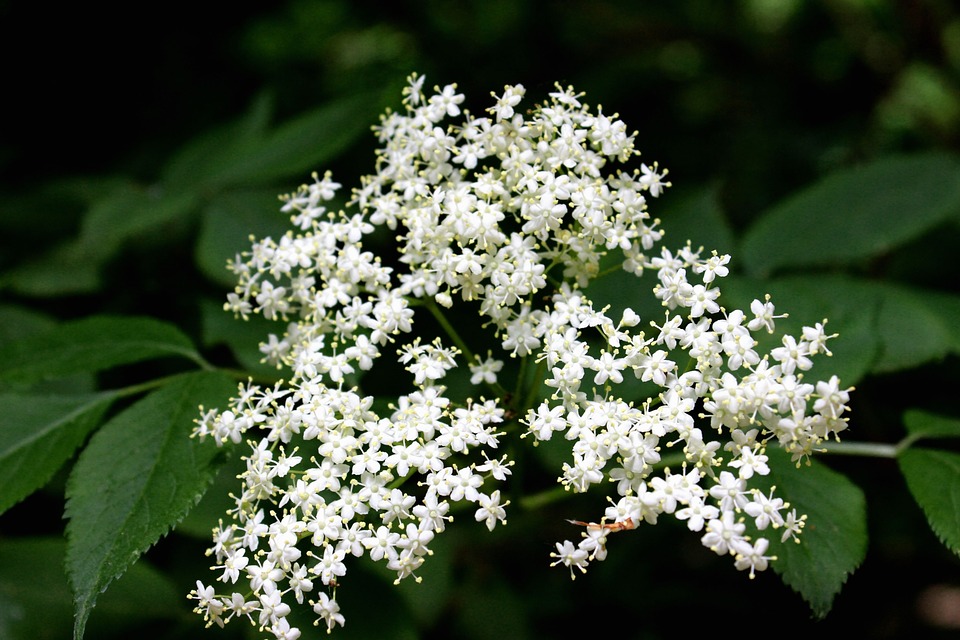
- Baby’s Breath
These flowers are very popular for cottage garden and are often used by a florist. Apparently, they look great in bouquets. However, even though, those flowers are very small, they contain a great amount of pollen. If you have a cottage garden, it would be advised to avoid planting baby’s breath flowers. Trust me! It is for your own good. If you still want to go ahead, we would suggest that you go for the double-flowered one rather than the single flowered type. More petals prevent the pollen from mixing with the air.
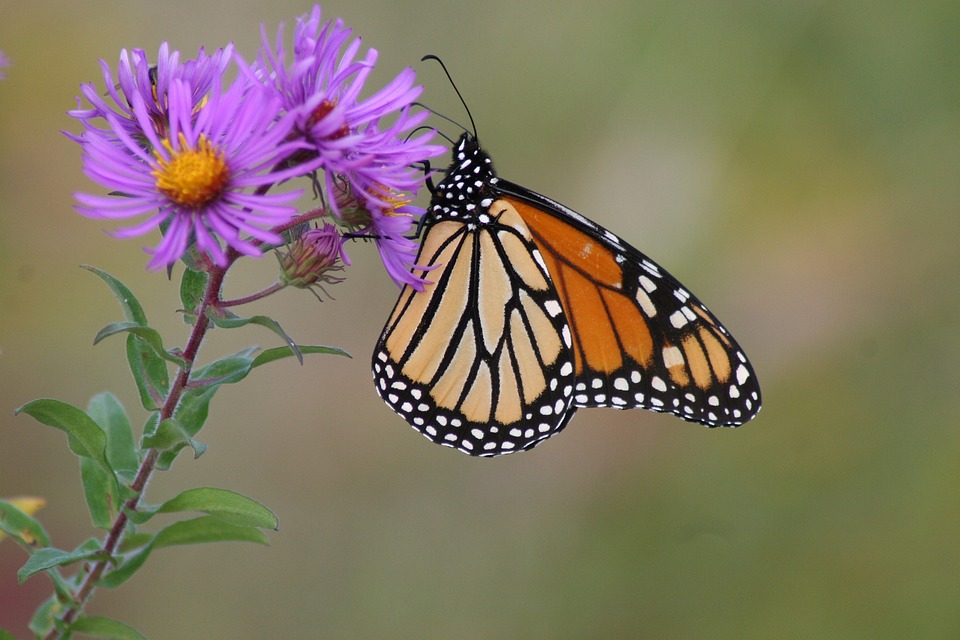
- Aster
This flower is on the top in the list of allergy plants. Even though it is not easy for the wind to remove the pollen, many allergy sufferers have complained about being sensitive to the pollen. Especially during spring, when the sufferers even get hay fever symptoms. It is better to avoid planting them than regretting the decision later on.
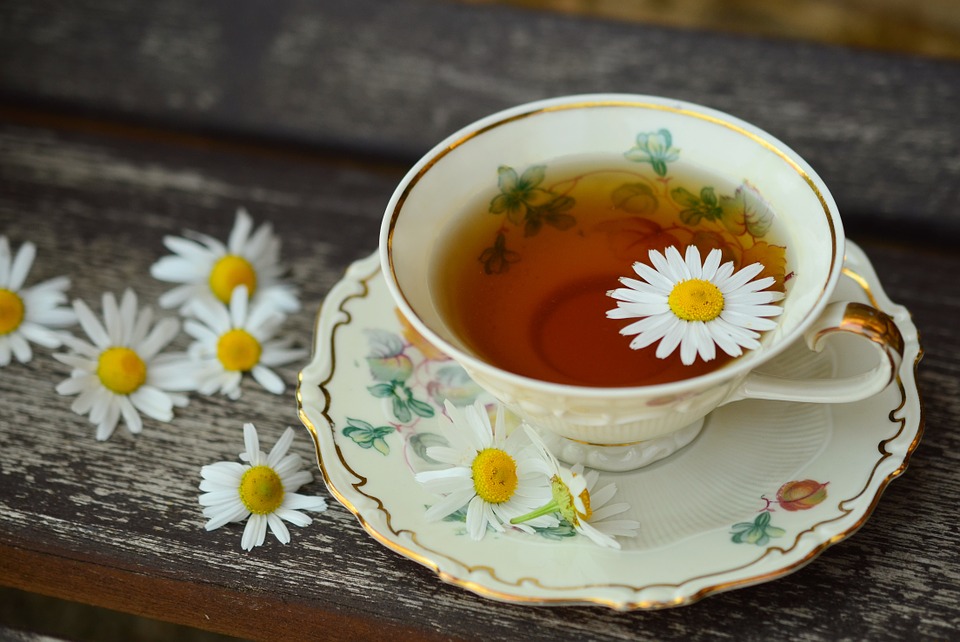
- Chamomile
Chamomile is considered as an antioxidant and has a lot of health benefits. A lot of people are keen to have these plants in their garden to enjoy their benefits as well as aesthetic beauty. The plant themselves produce a lot of pollen and even though the flowers are used to produce tea, it is advisable for allergy sufferer not to consume it as they can still have some irritants.
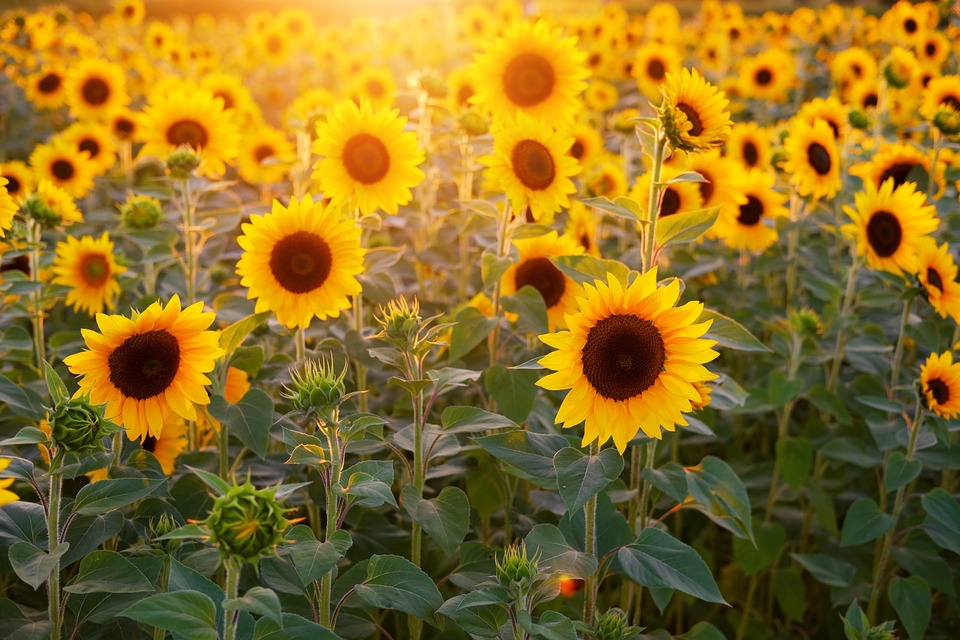
- Sunflowers
The size of a sunflower is enough to tell how much pollen there is in it. This pollen is easily winded out and mixed up with the air. Since sunflowers are not full of fragrance, they are often misunderstood as not being an allergy plant. You can choose to plant “Apricot twist” and “Joker” which falls under pollen – free sunflower variety.
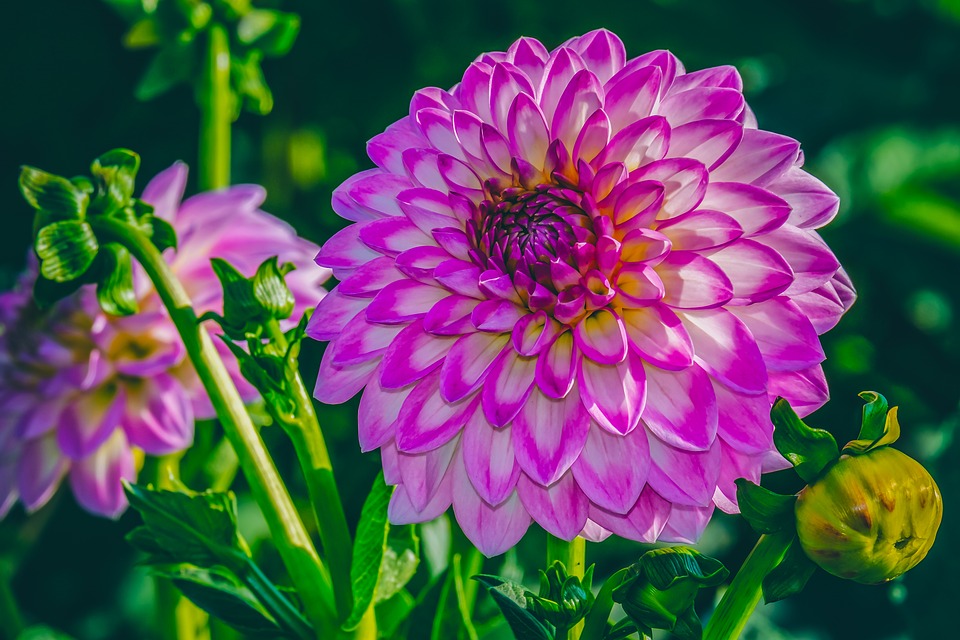
- Dahlia
Dahlia flowers are so colorful and showy that they easily attract pollinators. These flowers have so much pollen that they even cause hay fever symptoms throughout the summer. If you love those flowers, you will have to enjoy them from a distance as they can cause a severe allergic reaction.
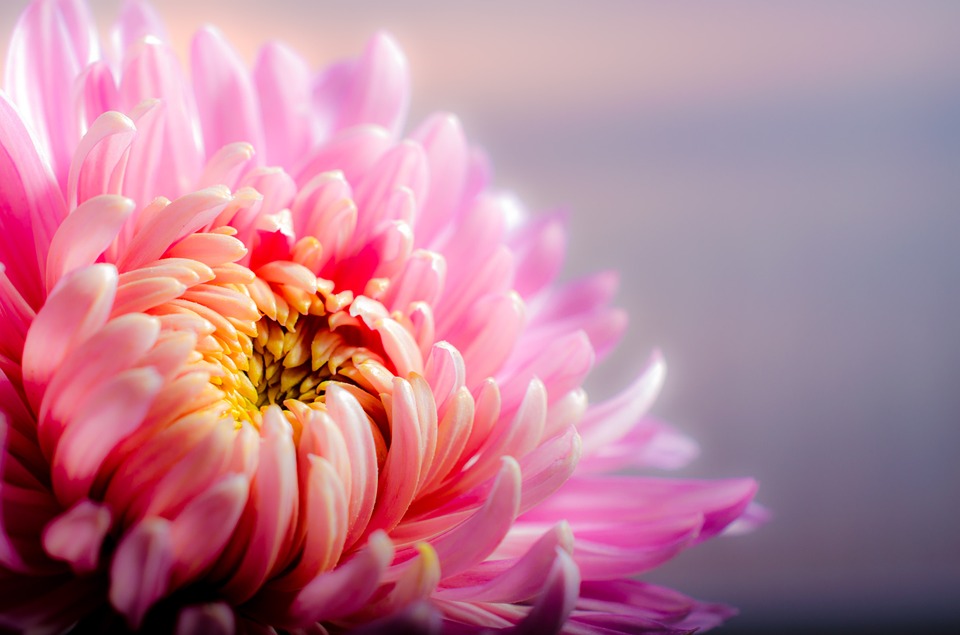
- Chrysanthemums
This flower also belongs to the Aster family. It contains allergy-producing pollen which helps to stretch the allergy season until fall. It is advisable to stay away from it.
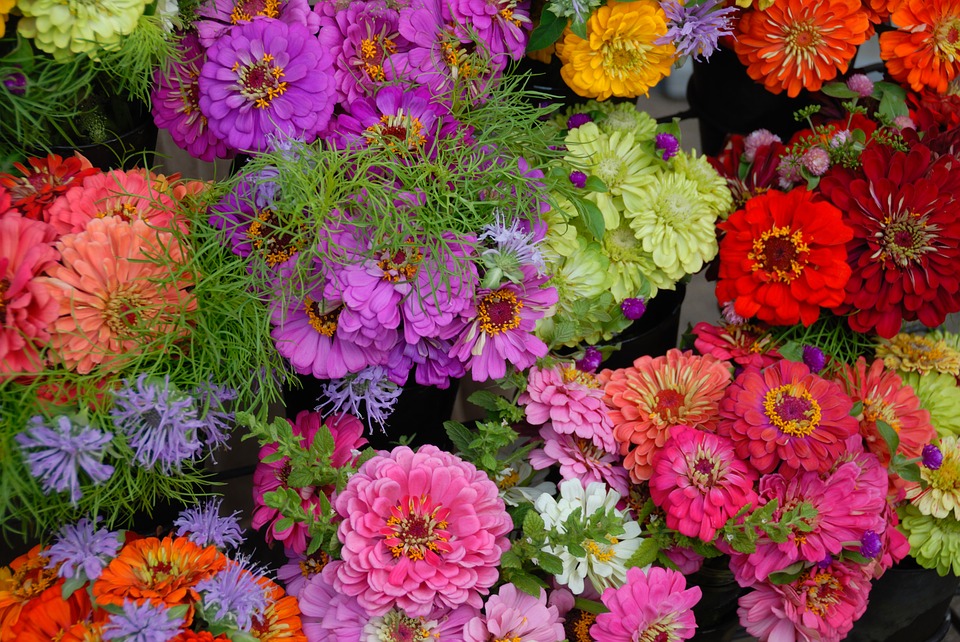
- Gerber Daisies
This flower is considered to be one of the most attractive and flashiest of the Aster family. Along with all the bling and beauty that it beholds, it also has a lot of pollen that can get you to start sneezing and sniffling in no time. If you do not want to stay sick all the time, do not even think about planting these plants into your garden. Be very careful before even buying a bouquet of these flowers.
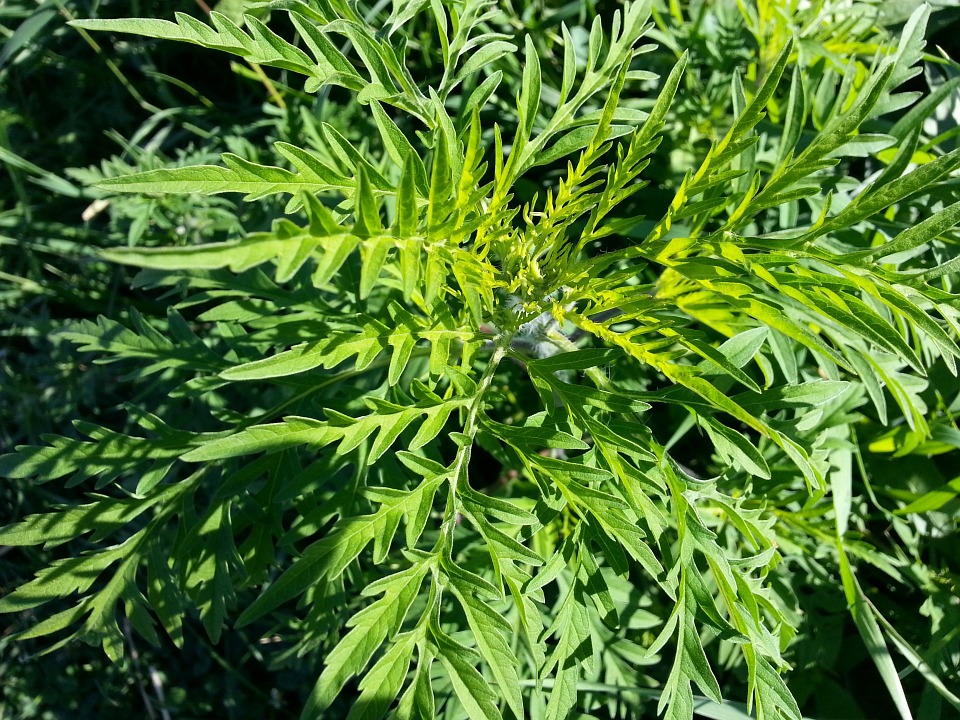
- Ragweed
Even though it is not considered as a garden flower, this weed is often found along the roads or in vacant lots. It is even more irritating for allergy sufferers as they can easily get into your car and make you sick. You must be very vigilant while buying plants as this one is often confused with goldenrod which is a lovely garden plant and pollen free. Make sure that you take advice from a professional first before buying the plant. It is also a member of the Aster family.
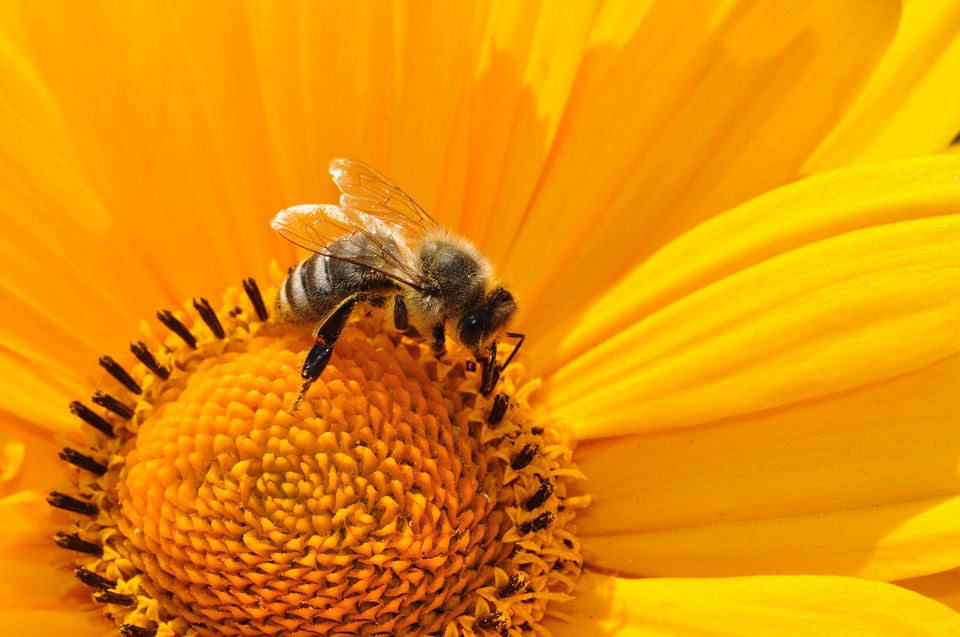
As you can conclude, allergy sufferers must keep away from most of the flowers from the Aster family as they contain a large amount of pollen. However, if you are still keen on growing these flowers in your garden, you can go for the hybridized ones as they contain way less pollen than the original ones. A large variety of these hybrid flowers are found on the market. You will not have to completely restrict yourself from having these beautiful flowers in your garden.
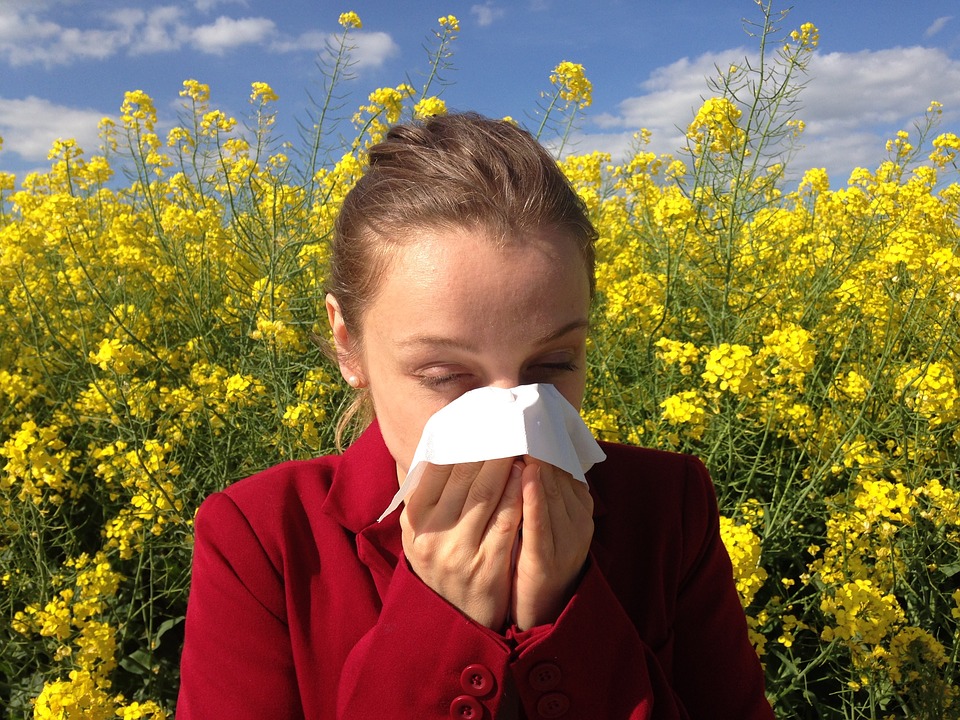
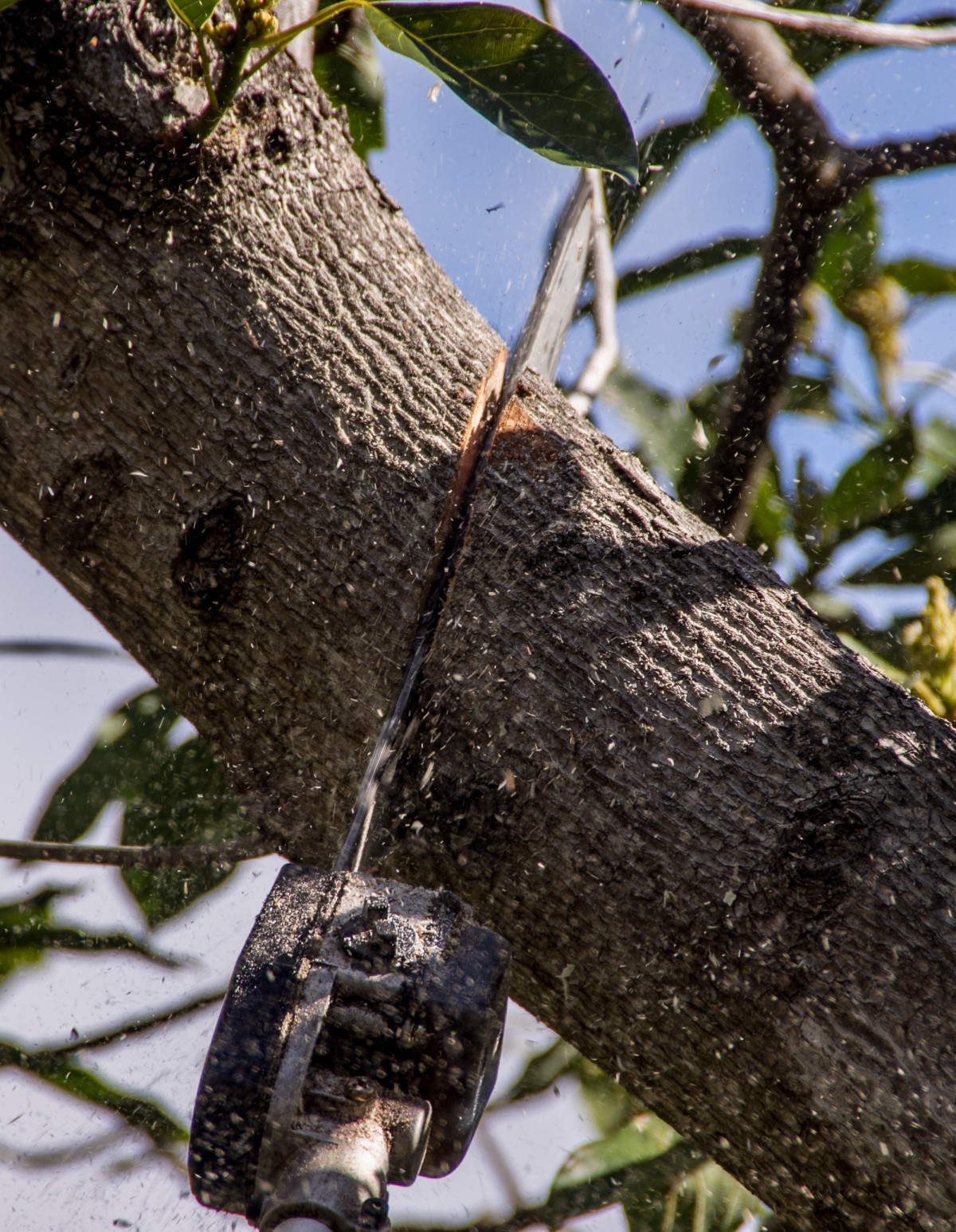
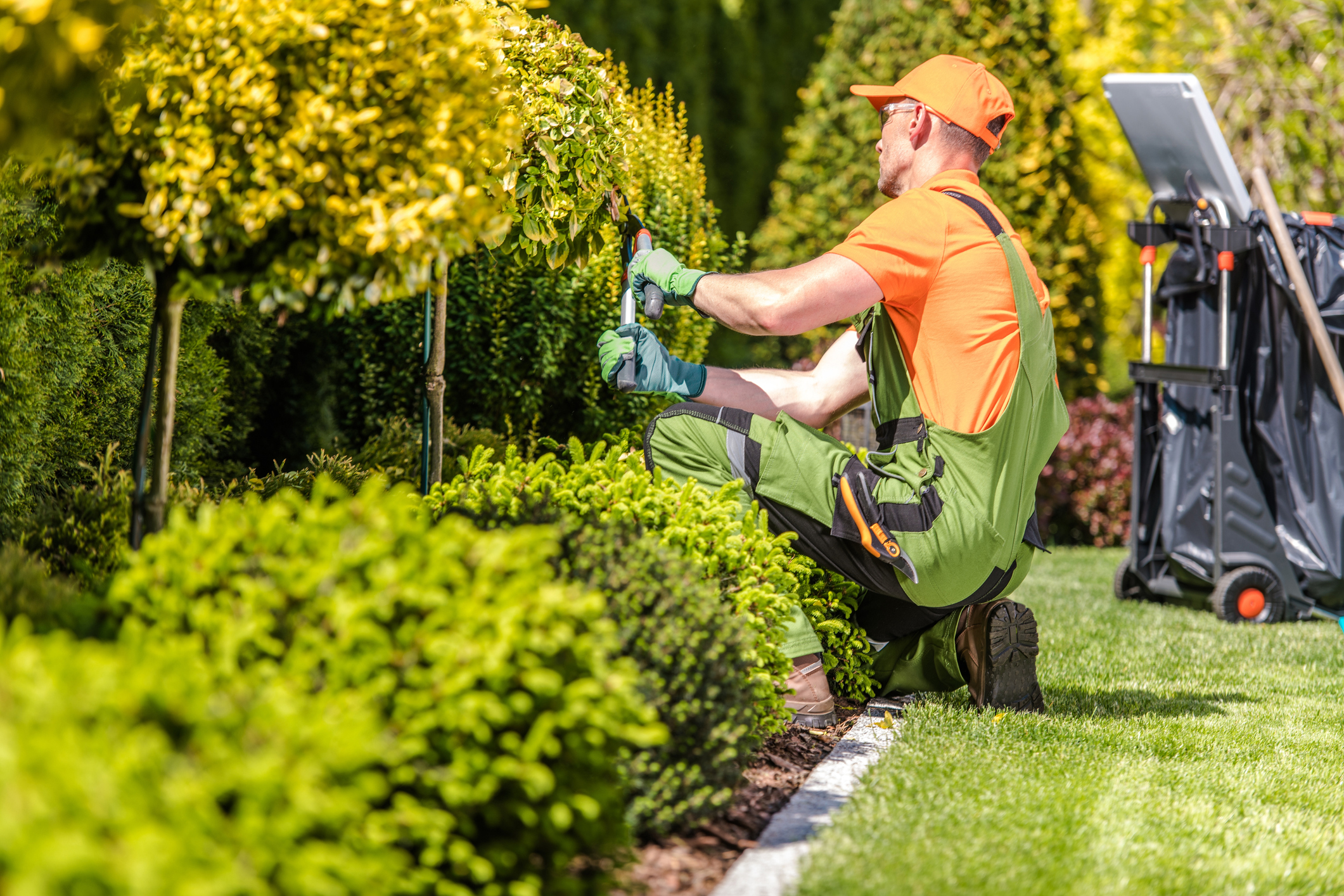
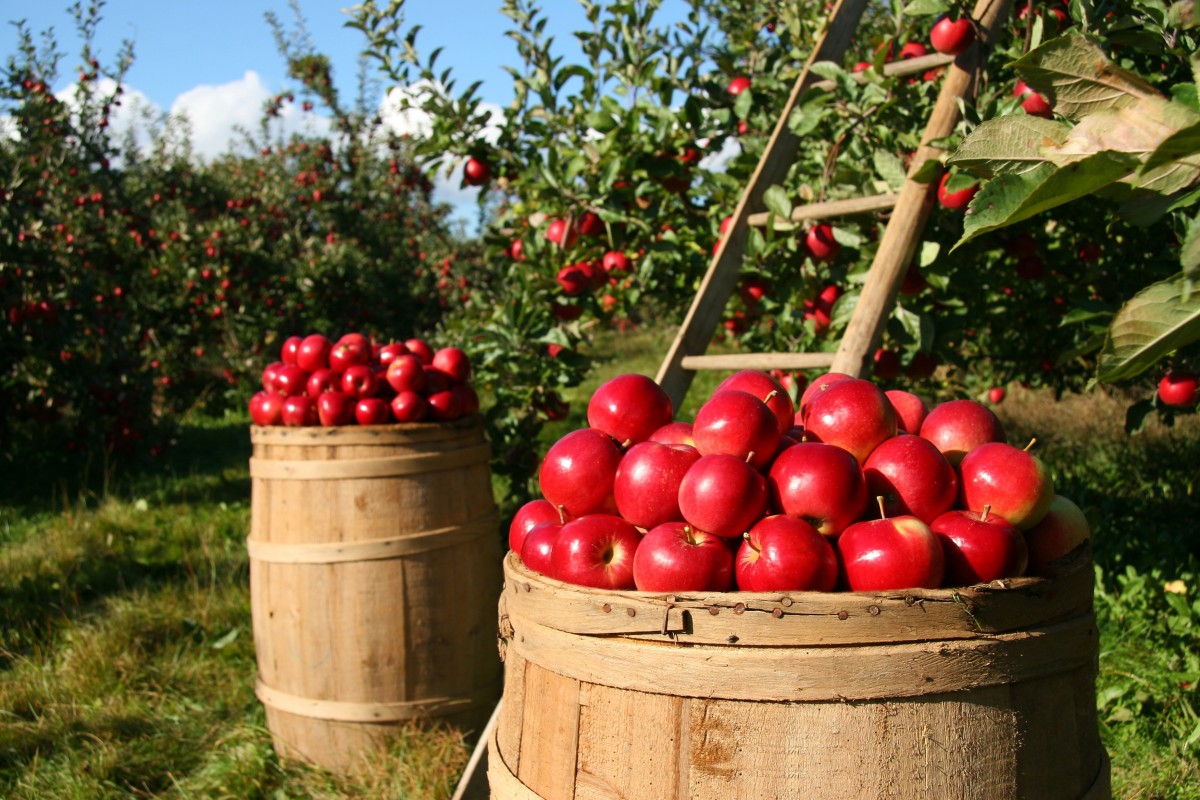
2 thoughts on “Flowers which People with Pollen Allergy should Avoid”